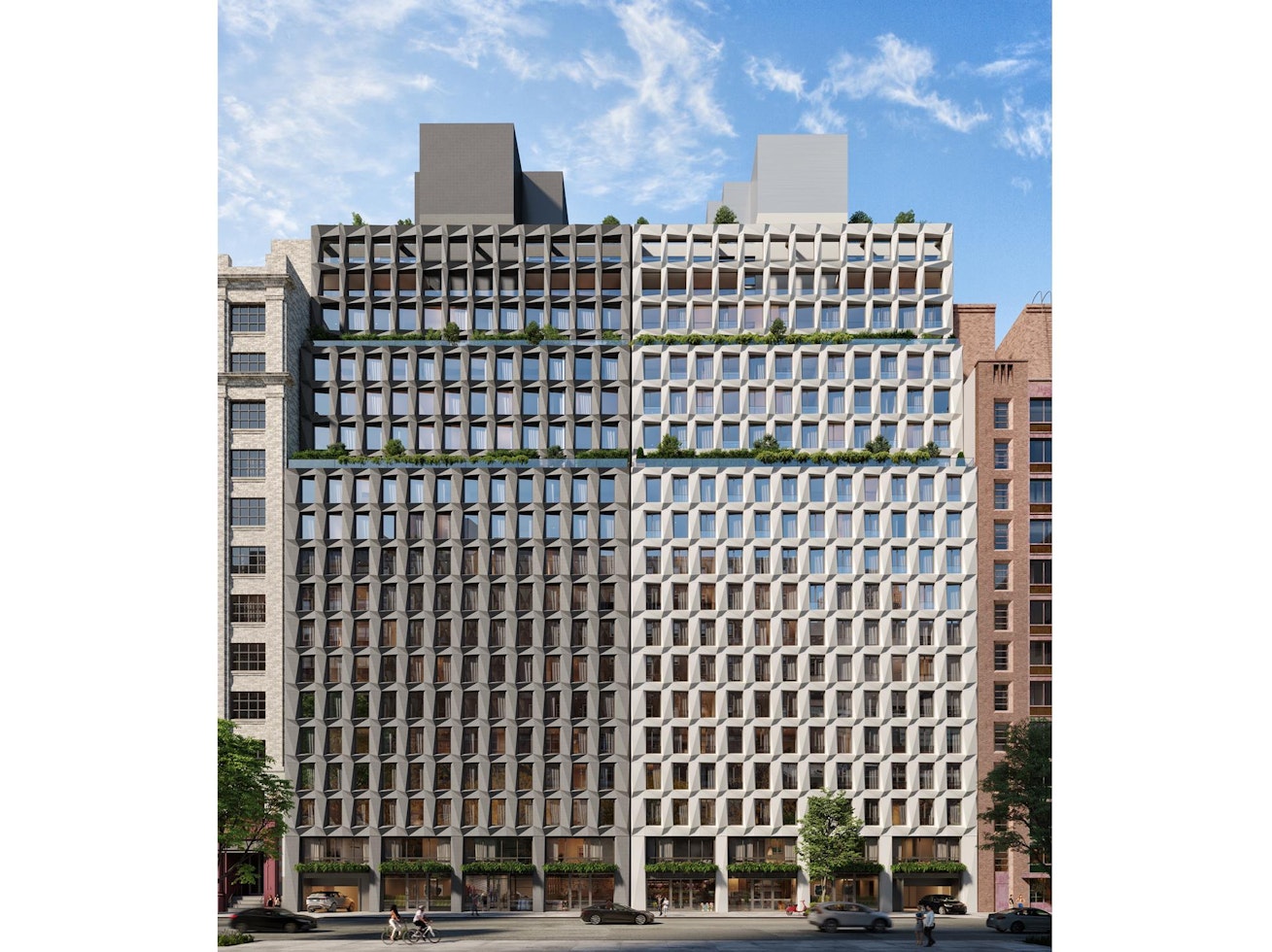Condos vs Co-ops in NYC: Key Differences Every Buyer Should Know

Condos vs. Co-ops in NYC: What Every Buyer Needs to Know Before They Decide
Two homes can look identical, yet behave differently at contract, closing, and resale. This neutral, fact-forward guide helps NYC buyers compare ownership structure, purchase process, monthly costs, renovation rules, and investment potential.
Key Takeaways
- Ownership structure is the core difference: Condo = DeedCo-op = Shares + Proprietary Lease
- Co-ops are generally more affordable but require detailed financial disclosure, board interviews, and stricter policies.
- Condos provide more independence with fewer restrictions, clearer financing paths, and broader resale demand.
- Monthly costs differ: co-op maintenance often includes taxes; condo owners pay common charges plus separate property taxes.
- Building age matters: older co-ops may see higher maintenance or assessments; newer condos often deliver efficiency and predictability.
Understanding the Ownership Structure
When you buy a condo in NYC, you are purchasing real property and receive a recorded deed. You own the interior of your unit and a percentage of common areas. A co-op purchase means buying shares of a corporation that owns the building, plus a proprietary lease for your apartment.
| Feature | Condo | Co-op |
|---|---|---|
| What you own | Deeded real property | Shares + proprietary lease |
| Board control on sales | Right of first refusal (rare) | Full buyer approval required |
| Entity ownership (LLC/Trust) | Commonly permitted | Usually restricted |
| Subletting | Generally flexible | Often limited or restricted |
| Typical price point | Higher | Lower for comparable size/location |
The Purchase Process: Applications, Approvals, & Financial Disclosure
Condos: Streamlined
After offer and attorney due diligence, condo buyers submit a package for administrative review. The board role is limited to a right of first refusal, so closings often happen in 30 to 60 days depending on financing. No interview, minimal discretion.
Co-ops: Detailed & Personal
Co-op buyers prepare comprehensive board packages: tax returns, bank and investment statements, employment letters, personal and professional references, and post-closing liquidity proofs. An interview follows, and the board can approve or reject without explanation. Timelines are typically 60 to 120 days or longer.
Monthly Costs, Taxes, & Building Financials
Co-op Maintenance
One monthly fee typically bundles the building underlying mortgage if any, property taxes apportioned across shareholders, operating costs, and reserves. Older co-ops can see higher maintenance or assessments due to capital projects such as Local Law 11 façade work, boilers, and elevators.
Condo Common Charges & Taxes
Condo owners pay common charges plus a separate NYC property tax bill. This separation offers transparency, and newer systems often stabilize expenses in early years.
Renovation Rules, Building Policies, & Lifestyle Flexibility
Condo renovations typically require procedural consent focused on DOB compliance and insurance. Co-ops can impose stricter standards beyond code, including limits on wet over dry changes, work hours, approved contractors, and deposits held against damage. Policies vary by building.
Subletting and ownership structures are more flexible in condos. Co-ops often require primary residence use and limit rental periods. Many restrict LLC or trust purchases.
Investment Potential, Appreciation, & Resale Value
Liquidity
Condo sales draw a wider buyer pool and avoid approval risk, which generally improves liquidity and closing speed. Co-ops selective approvals can lengthen timelines but may enhance overall building stability.
Appreciation & Income
Condos in prime areas often appreciate faster and allow rental income. Co-ops start at lower prices and can deliver steady long-term value, especially in coveted pre-war buildings.
Financial Health
Review building financials, reserves, and planned capital work. Older co-ops might face recurring large projects. Luxury condos may see rising common charges due to amenities. Governance quality matters in both.
Frequently Asked Questions
Can a co-op board reject my application, and do they have to explain why?
Yes. Boards have broad discretion to approve or reject without providing a reason while still complying with fair housing laws. A complete, well-prepared package reduces turndown risk.
Is it true that co-op owners do not pay property taxes?
You pay them indirectly via maintenance. The building pays taxes, and your maintenance includes your proportional share. Condo owners pay taxes directly to NYC.
Can I buy a co-op under an LLC or trust?
Usually no. Many co-ops require individual ownership. Condos typically allow LLCs or trusts, which can benefit privacy or estate planning.
How different are renovation rules between buildings?
They vary widely. Condos often focus on DOB compliance and insurance. Co-ops may impose stricter internal standards such as approved hours, contractor lists, and deposits.
Can a co-op convert into a condo building over time?
Possible but rare and complex, requiring high shareholder approval thresholds and significant legal processes.
Have questions about a specific building, board package, or financing scenario? Let’s talk it through.



